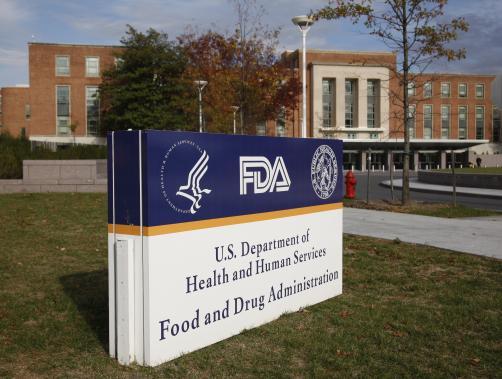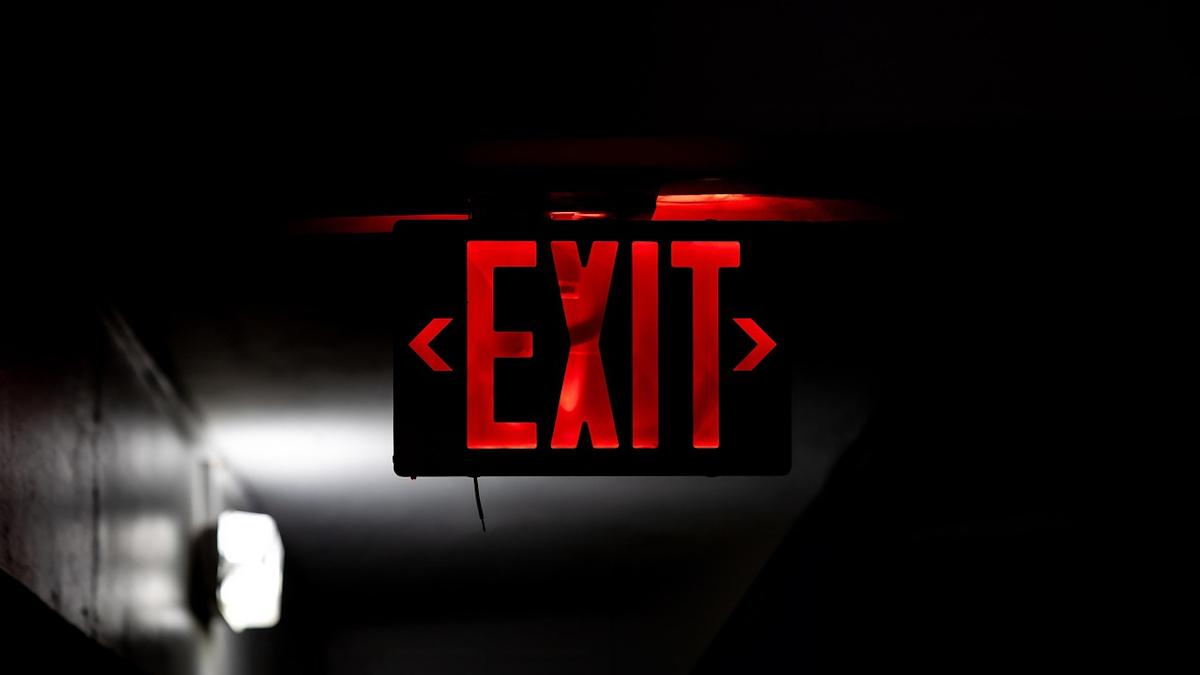Outrage at Marathon's 'new drug' price, calls for PhRMA to act

The FDA approval of Marathon's new drug to treat the rare genetic muscle wasting disease Duchenne muscular dystrophy (DMD) has caused an uproar.
Marathon Pharmaceuticals has vastly increased the price of the drug, a generic steroid which has previously been used off-label comparatively cheaply.
Marathon plans to charge $89,000 annually for deflazacort under the brand name Emflaza, where it had previously cost around $1600 a year.
Before the FDA approved deflazacort for DMD, based on trial data that is more than 20 years old, families of the boys affected by the disease were importing the drug and using it off-label.
Marathon's tactics are virtually identical to those employed by Martin Shkreli in 2015 with the anti-infective Daraprim.
Shkreli's company Turing Pharma was ejected from US biotech association BIO in 2015 because of its price-gouging, and now high-profile industry commentators are calling for similarly strong action against Marathon.
The company is a member of US pharma trade association PhRMA, and critics say this undermines any claim that big pharma companies are different from these rogue price gouging firms.
Writing in his blog on the Forbes website, ex-Pfizer exec John LaMattina has called for big pharma companies to take a stand against the price exploitation, break away from PhRMA and form a new industry association.
The fresh controversy comes as the industry is trying desperately to keep on the good side of president Donald Trump, who has vowed to crack down on the price of drugs in the US.
Marathon also got a rare paediatric disease priority review voucher, potentially worth hundreds of millions of dollars when sold on to other drug companies.
This is not the first time Marathon has been implicated in drug price gouging – in 2015 an investigation by senators Elijah Cummings and Bernie Saunders found Marathon has increased the price of two heart drugs by 400% after buying them from Hospira in 2013.
Marathon then sold the drugs to Valeant, which then pushed prices up even further.
The Emflaza news provoked outrage on twitter and from other commentators.
https://twitter.com/RESachs/status/830101478220111872
https://twitter.com/KamalaHarris/status/830497130942967808
The company noted it will put in place a patient access scheme to help those eligible to receive the drug.
Greg Wujek, Marathon’s vice president of payer relations, said: “We have developed models to ensure Emflaza is of great value to payers, and does not create a burden of any sort to the healthcare system.”
For now, President Trump has not commented on the matter on Twitter – but given the high-profile coverage the story has received, it is unlikely to help pharma’s case during forthcoming negotiations on drug pricing in the US.
Writing on the Harvard Law blog, Rachel Sachs, associate professor at the Washington University in St. Louis School of Law also condemned Marathon.
She said PhRMA could eject the company from its membership, and that Congress could launch investigations into Marathon's investment in R&D around the product.
Sachs suggested a "more extreme intervention" would be to give the FDA the authority to deny market exclusivity or deny the awarding of priority review vouchers in cases such as this. The US regulator currently has limited powers to withhold these benefits to companies.
However President Trump has promised major reform of the FDA, but this looks likely to involve stripping back its oversight, rather than adding to its powers.












